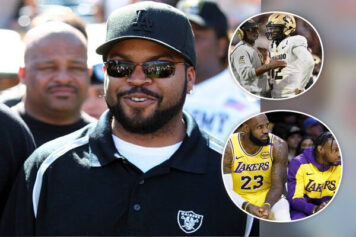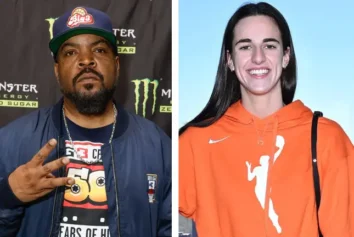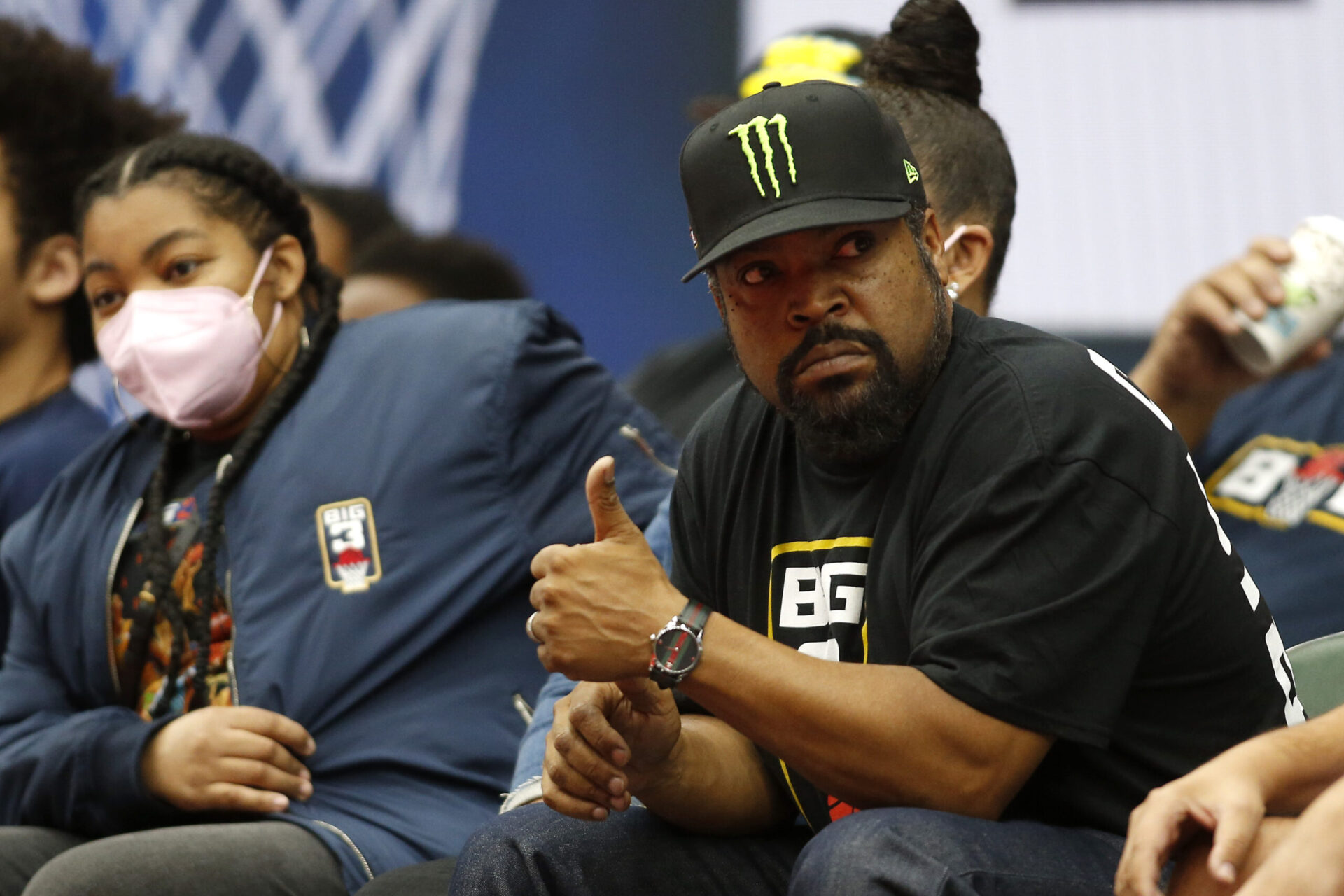Singleton didn’t just tell our stories, he turned some of our best talents into household names.
John Singleton is no longer with us. However, there is beauty in his passing, as his work will live on forever. We can debate for years if we did a good enough job of giving Singleton his flowers while he could still smell them. But one thing is for certain, the petals on those flowers will bloom for eternity.
Singleton changed the game, literally. And no, I’m not just talking about how “Boyz N The Hood,” “Poetic Justice,” “Rosewood,” and Baby Boy” told stories about us in a way that was never seen on screen before.
I’m talking about who Singleton put in those movies, and many of his other films, that would go on to become household names in Middle America in the same way that they’re beloved at the cookout. I mean, who else was giving rappers and R&B singers leading role in movies during an era in which most of America still believed that hip-hop was just a fad?
Let’s start with the Oscar-nominated “Boyz N The Hood.” Nia Long, Morris Chestnut, Ice Cube, Laurence Fishburne, Angela Bassett, and Cuba Gooding Jr. That’s the roster Singleton had for his first movie, at the tender age of 23.
Long went on to be in just about every black cinematic classic. Chestnut turned into an ageless heartthrob. Fishburne is a legend. Bassett is one of the greatest of all time. And Gooding would go on to be one of the very few black actors to ever win an Oscar.
In 1993’s “Poetic Justice,” only a visionary like Singleton could see that putting Janet Jackson next to Tupac, riding the wave off his performance as Bishop a year earlier in “Juice,” would actually work. Throw in Regina King, Maya Angelou, Jenifer Lewis, and Q-Tip and there is even more proof that Singleton had the ability to identify talent in actors of color before Hollywood even knew who they were.
Two years later, Singleton cast a future supermodel in Tyra Banks and an always animated Busta Rhymes in “High Learning.” Who takes those kinds of risks as a black director in Hollywood in 1995? More were on the way.
Because in 2001, Singleton gave us “Baby Boy.” A movie, that when you look back on it, was the ultimate casting risk. Nobody knew that Tyrese could act, or that he would go on to be more famous, to some, for his films than his music.
Omar Gooding was the fat black kid from Nickelodeon’s “Wild & Crazy Kids,” but Singleton saw the “Sweetpea” in him that we never knew was there. We hadn’t been really checking for AJ Johnson since she was Sharane in “House Party.”
No one had a clue that Snoop Dogg could be so effortlessly good on film. And 18 years ago, it was Singleton that gave Taraji P. Henson her first leading role that became her breakout performance.
But for all the outstanding fruit that was nurtured from Singleton’s directing tree, to truly understand his impact on Hollywood you just need to look at his star pupil, Ice Cube.

Ice Cube and John Singleton at Cannes in 1991
“I was discovered by a master filmmaker by the name of John Singleton. He not only made me a movie star but made me a filmmaker. There are no words to express how sad I am to lose my brother, friend & mentor. He loved bringing the black experience to the world,” Cube tweeted on Monday.
On multiple occasions, Cube has discussed the impact that Singleton had on him not only as an actor, but also as a screenwriter, director, and producer. And while Cube only starred in two of Singleton’s films, he usually stole every scene he was in, as he would go on to have a platform in Hollywood in the fashion of his friend and mentor that would give many future stars their first break.
We got Chris Tucker, Mike Epps, Terry Crews, a young Rickey Smiley, and Katt Williams in the “Friday” trilogy. In 1998’s “The Player’s Club” Cube blessed us with LisaRaye, who nobody knew at the time, Jamie Foxx, right before he blew up, and Terrence Howard before his career would take off a year later in “The Best Man.”
What was started by Melvin Van Peebles and Robert Townsend, was taken to a new level in the ‘90s by Spike Lee and John Singleton, as they became arguably the two greatest black filmmakers of all time. That legacy now lives on in Barry Jenkins, Ryan Coogler, and Ava DuVernay.
So as we mourn Singleton and reflect on his genius, I’ll always remember how he told our stories by casting his movies with people that Hollywood wanted to ignore.
Because when you think about it, that’s what the great ones do. See the future when we’re stuck in the present. Rest well brother Singleton, and may all the lives you impacted find solace in your memory.



